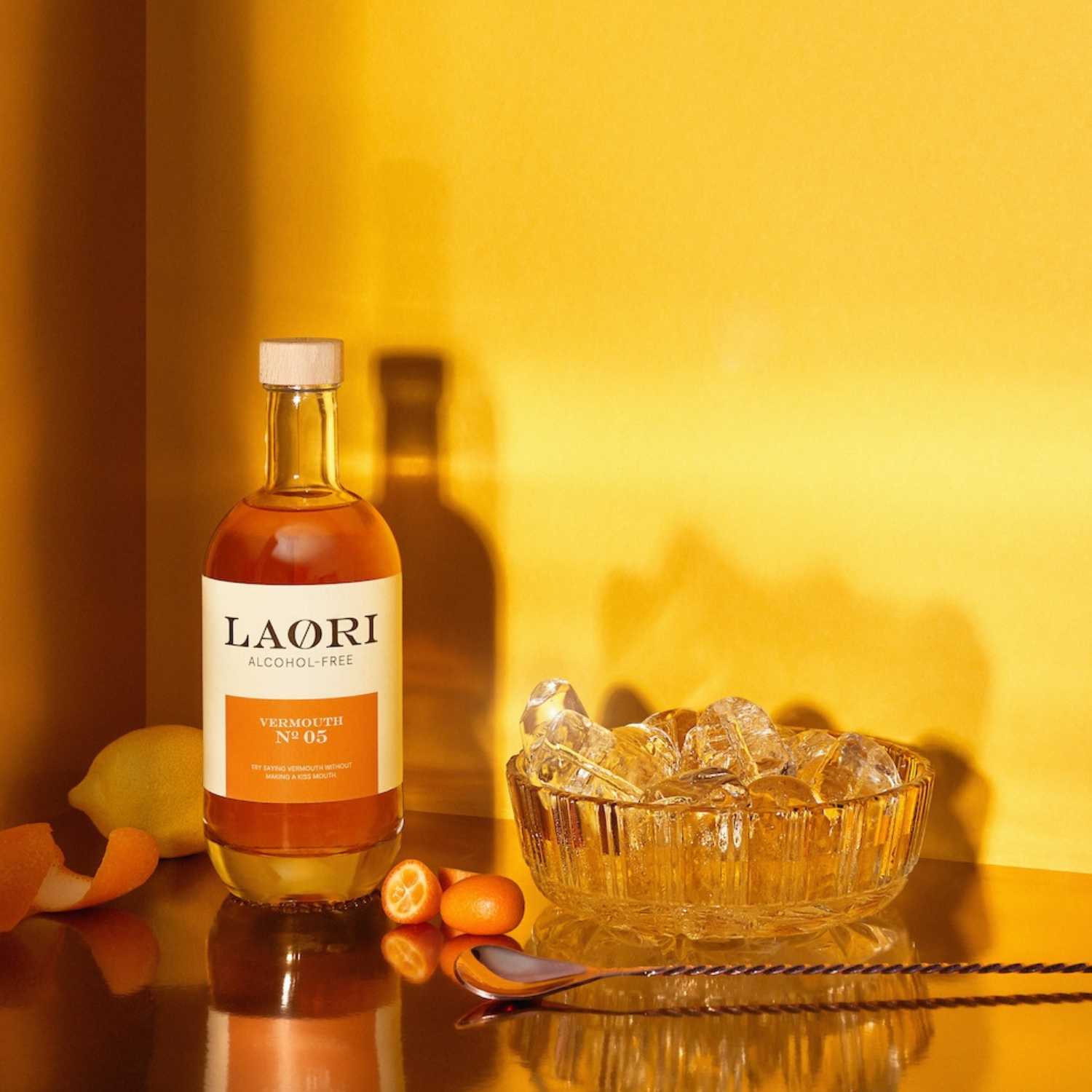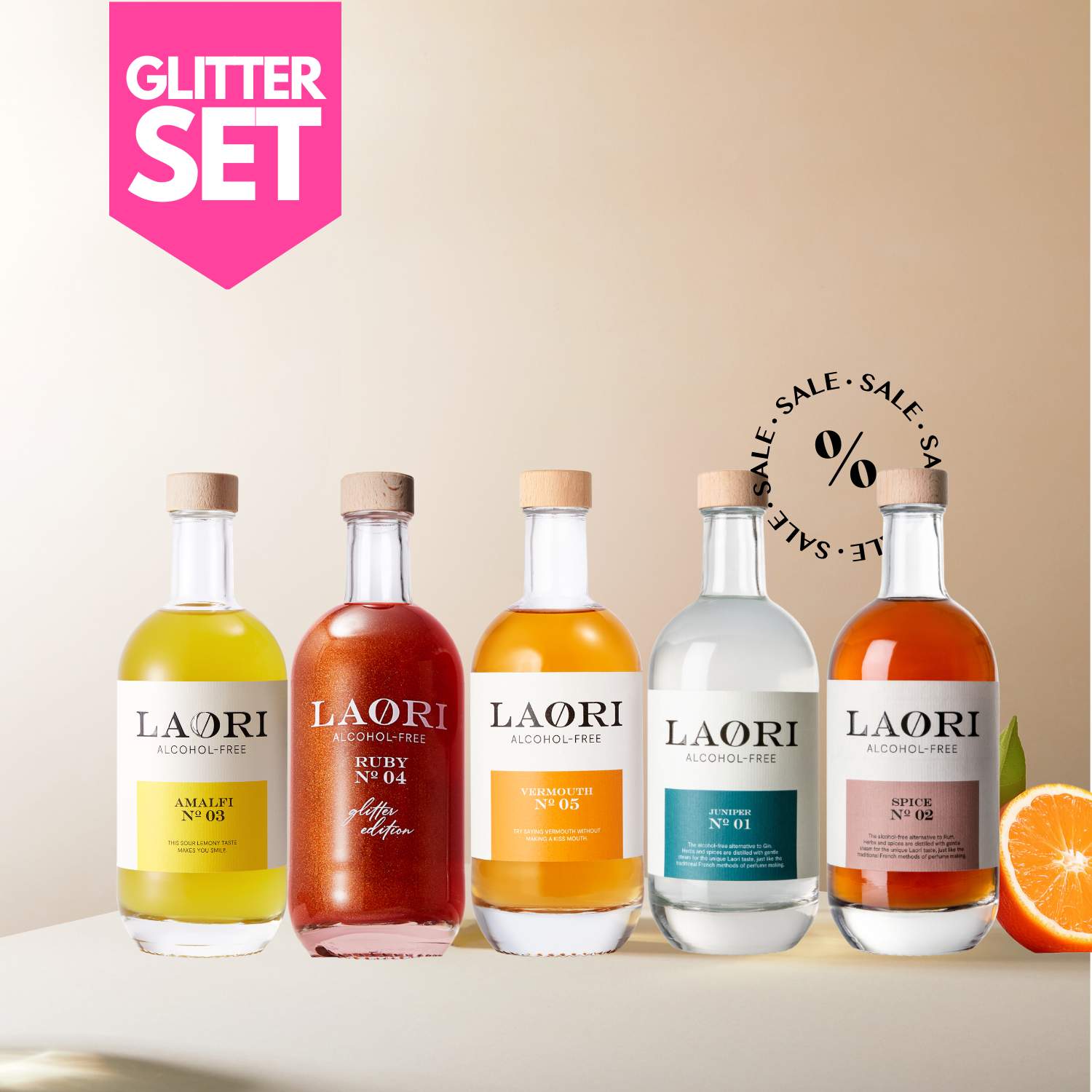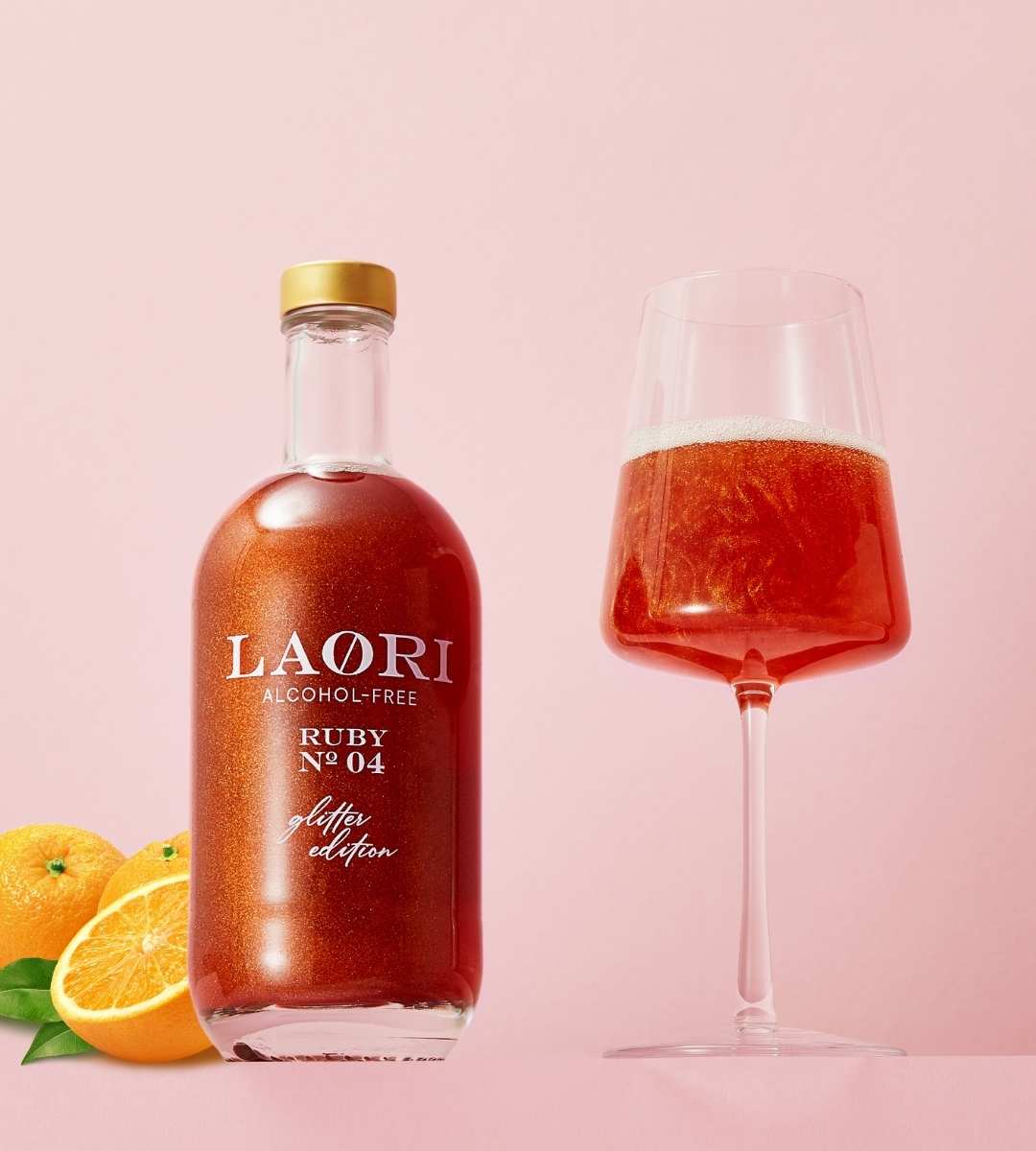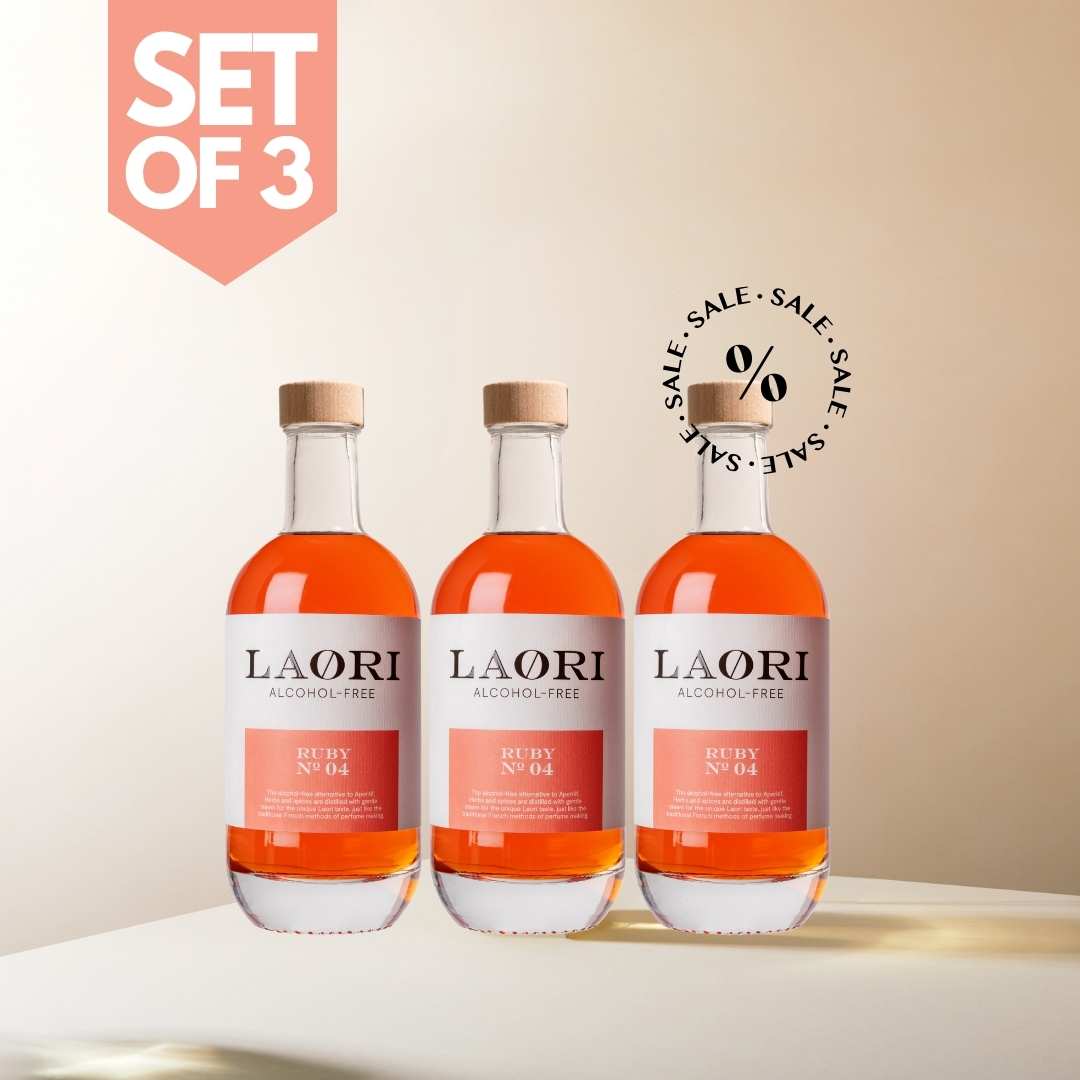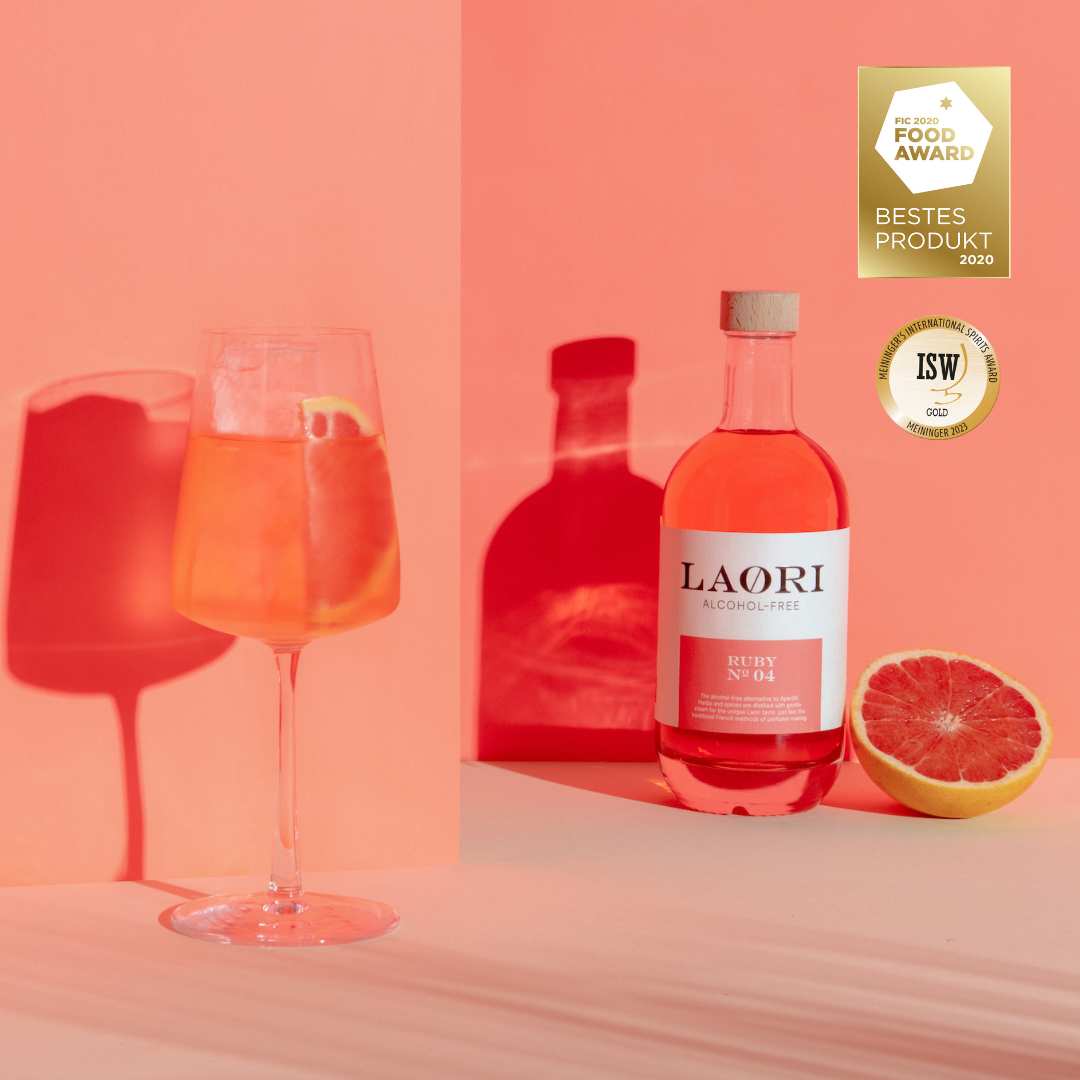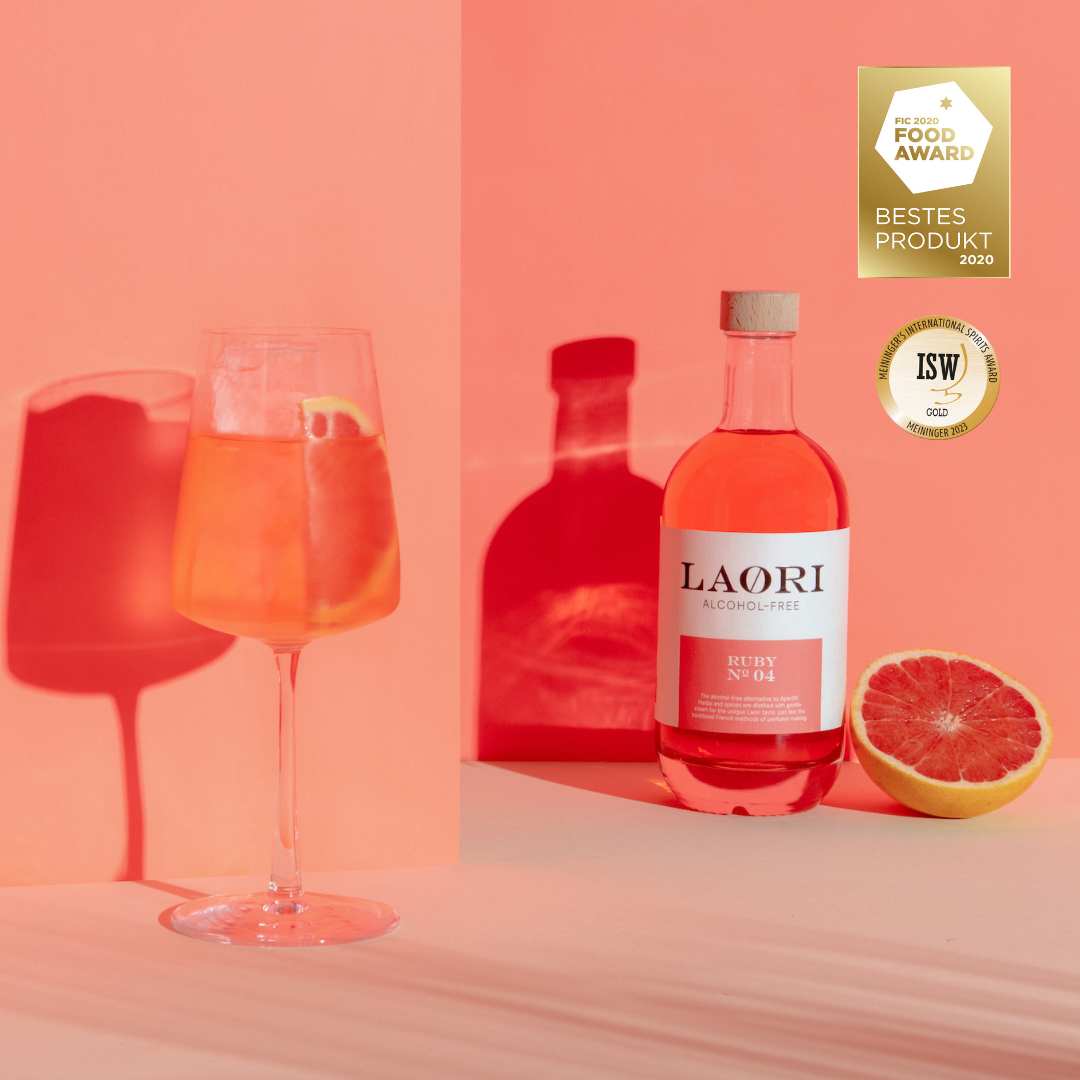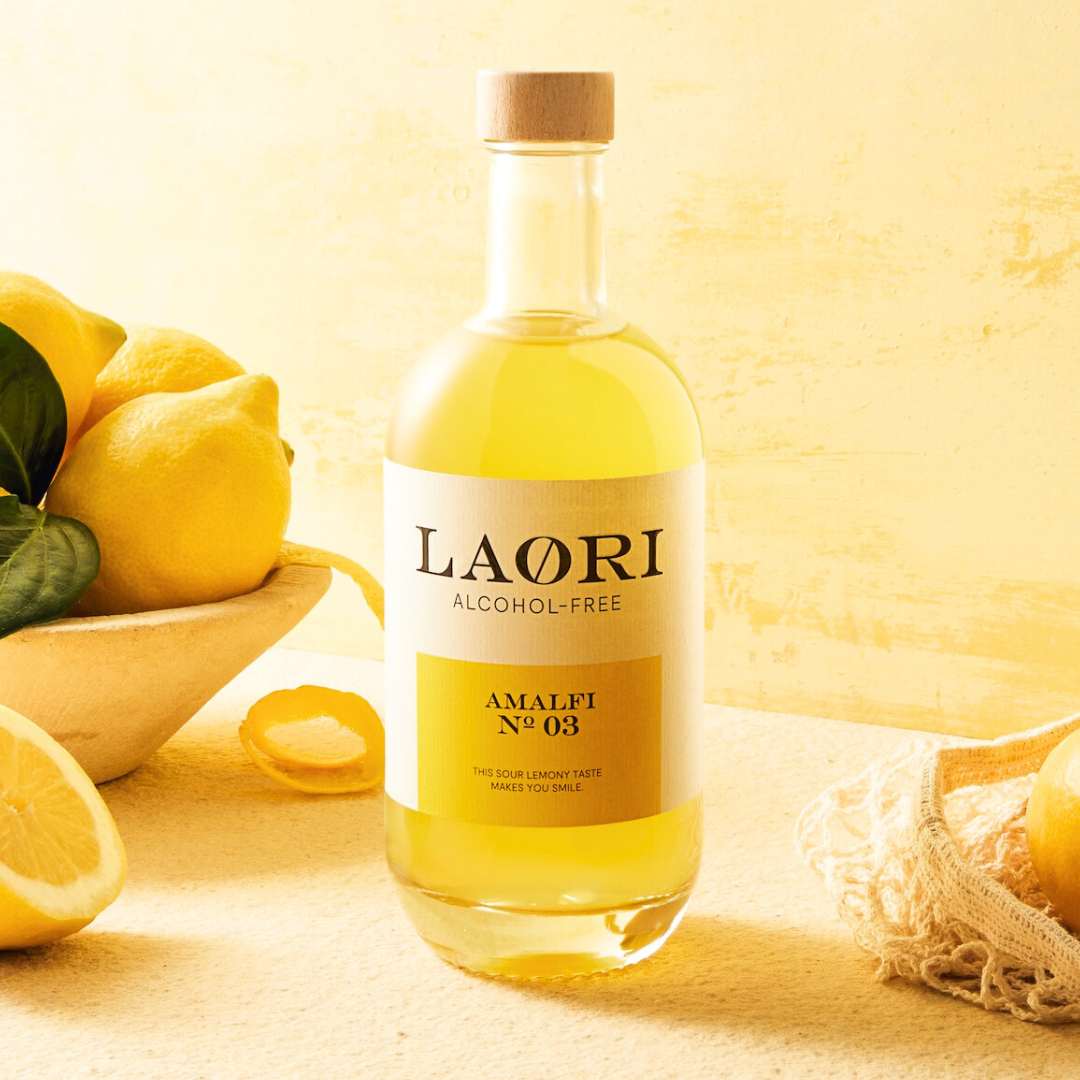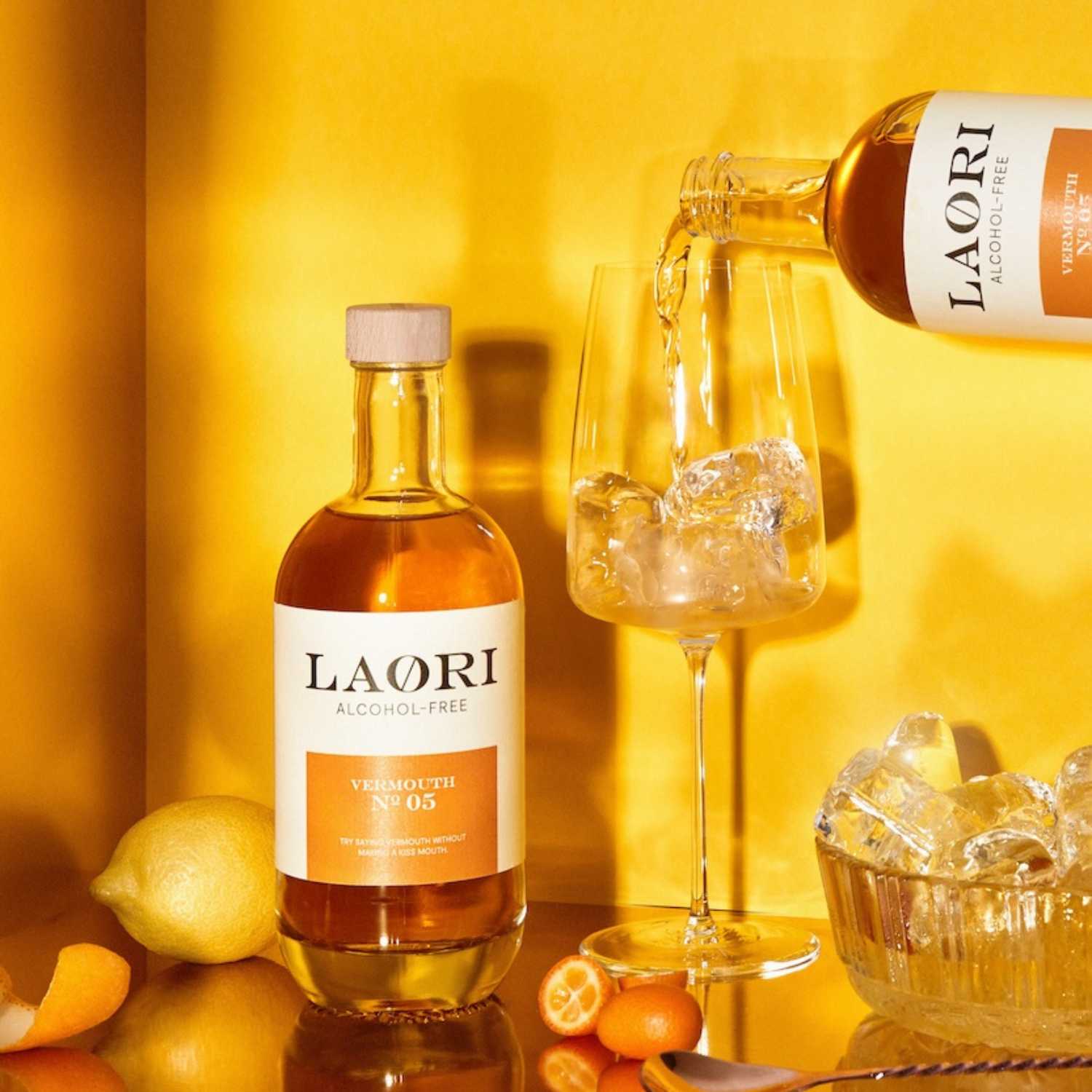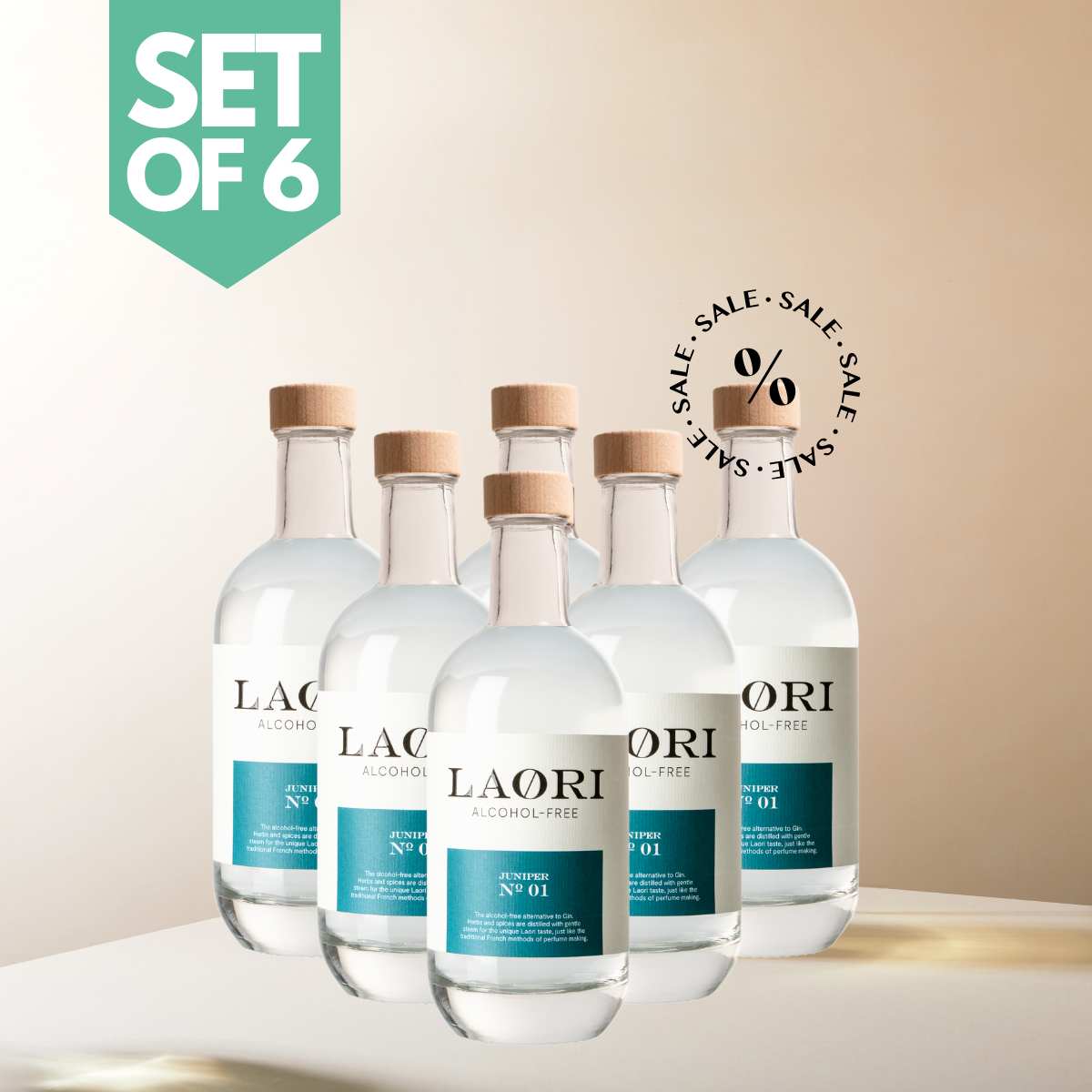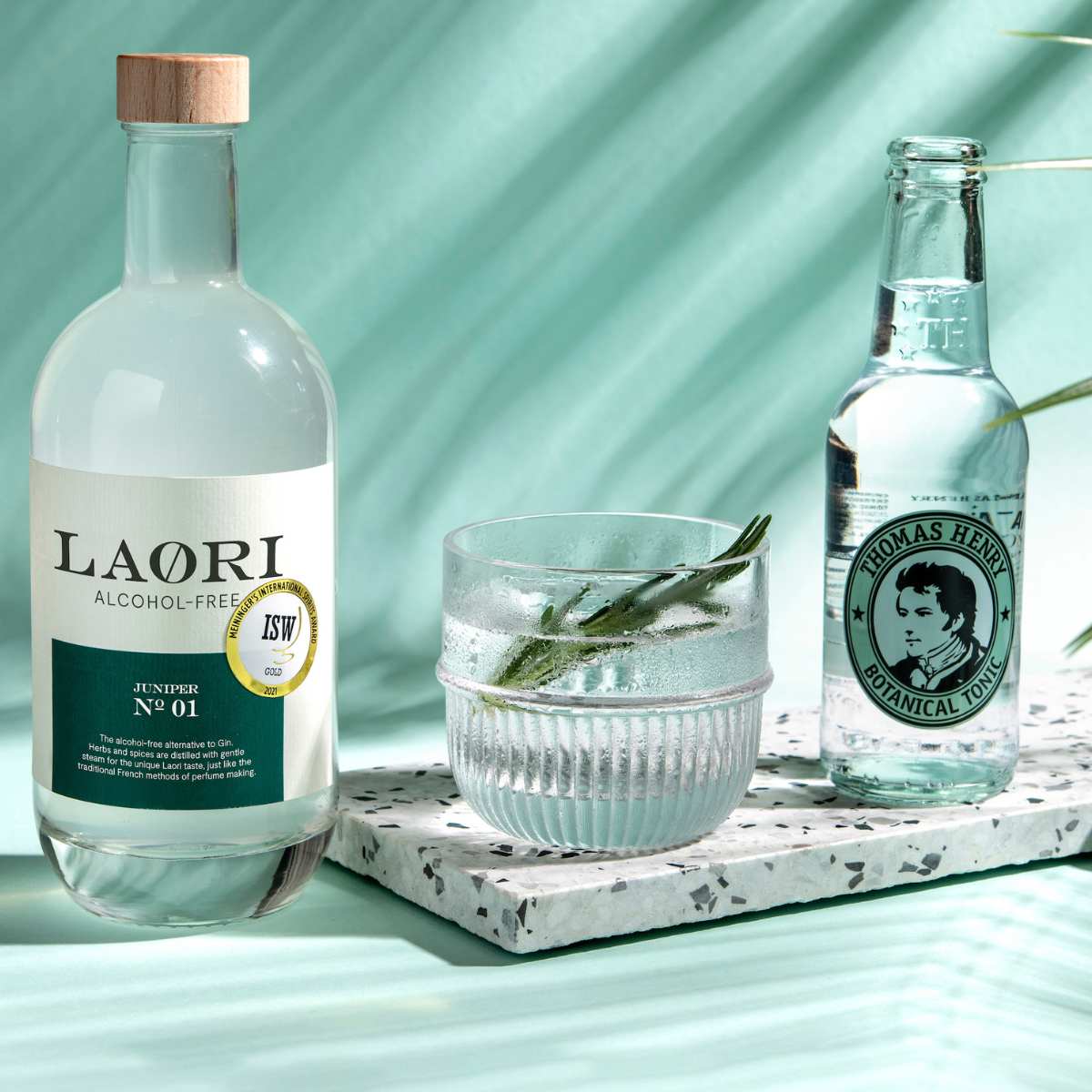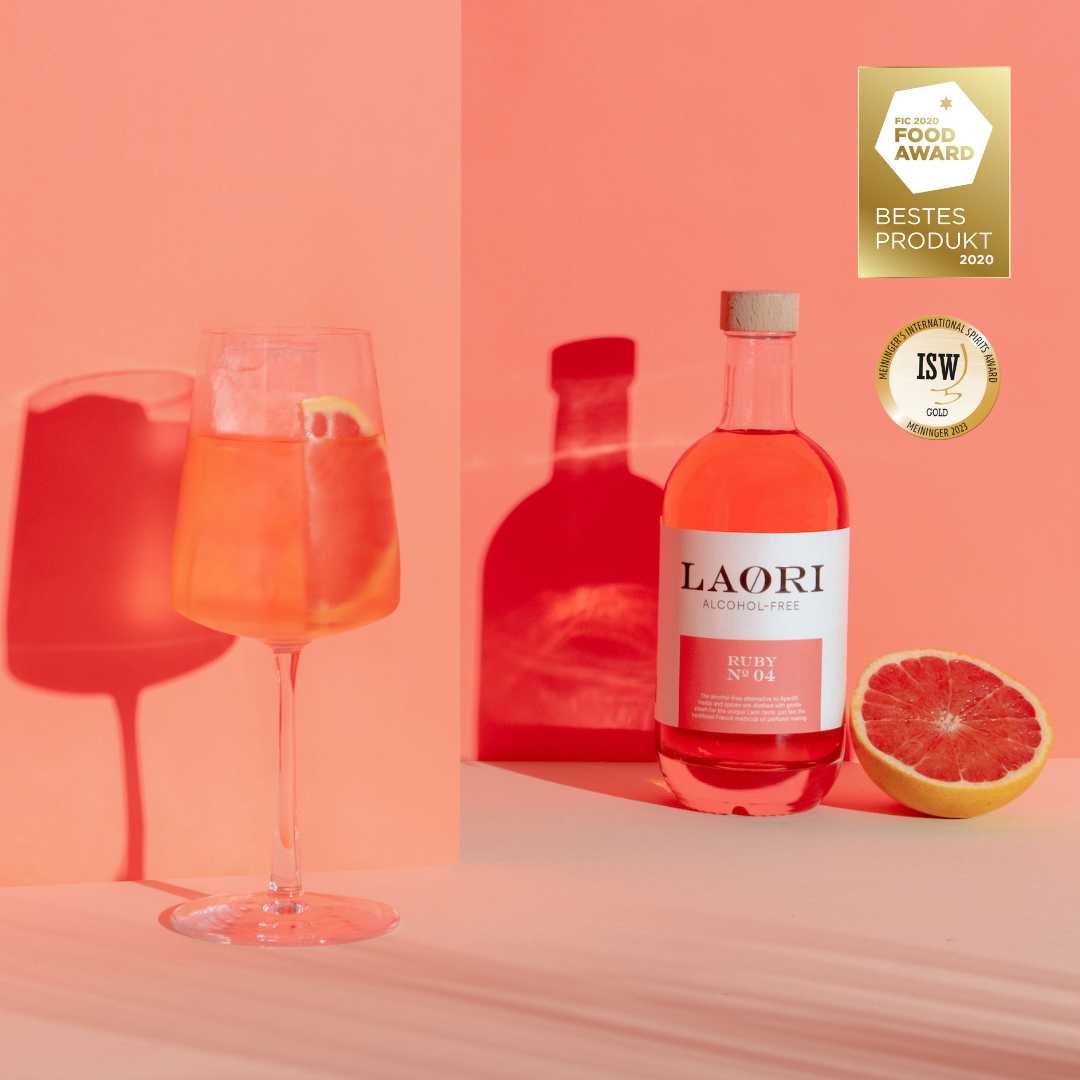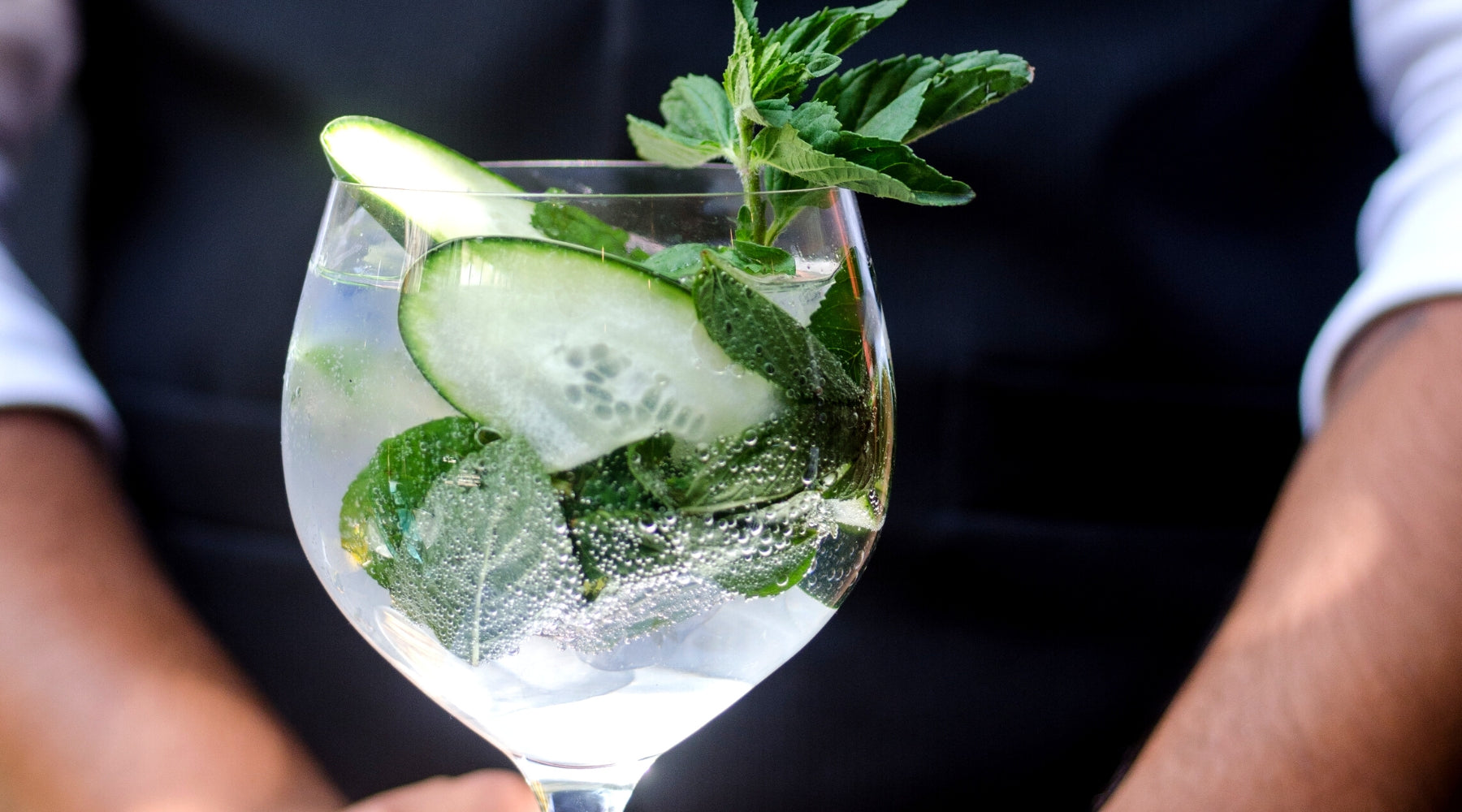
What is non-alcoholic gin?
What is non-alcoholic gin?
“Non-alcoholic gin” is a drink that is very similar to regular gin but contains no alcohol. It is made from the same ingredients as regular gin, such as juniper berries, citrus fruits and herbs, and imitates the delicious taste of the most popular spirit without the alcohol.
Why can't non-alcoholic gin be called that?
According to German food law, the term “alcohol-free gin” does not exist. Gin is defined by law by its alcohol content. For example, a conventional gin must contain at least 37.5% alcohol to be called gin. Since “alcohol-free gin” does not contain any alcohol, it cannot be called gin but is referred to as an alcohol-free alternative to gin. In common parlance, it has now become common to call an alcohol-free alternative to gin “alcohol-free gin” for short.
What does non-alcoholic gin taste like?
The taste of non-alcoholic alternatives to gin is similar to that of alcoholic gin because the same herbs and spices are used. By not using alcohol, it does not have a harsh alcoholic taste.
How do you drink non-alcoholic gin?
Non-alcoholic alternatives have been developed in such a way that they only develop their full flavor when mixed with a drink. They are not intended for pure enjoyment. The classic that is recommended for trying non-alcoholic gin is the gin & tonic. The non-alcoholic alternative is served on ice in the same mixing ratio as a conventional gin and topped up with tonic water. Garnished with cucumber, lemon or rosemary, you get its full flavor. With non-alcoholic alternatives to gin, you can mix any gin-based cocktail and long drink without alcohol. Other delicious drinks are Gin Basil Smash, Gin Fizz or Martini. Try new recipes with non-alcoholic alternatives to gin from Laori.
How is non-alcoholic gin made?
Four processes are currently used to produce non-alcoholic alternatives: dealcoholization, flavoring and innovative processes.
Dealcoholization
Dealcoholization is the process of producing an alcoholic gin with its typical gin herbs and spices such as juniper, coriander and lemon and removing the alcohol. This process is known from the production of non-alcoholic beer.
distillation with water
When distilling with water, gin is produced using the classic method. However, during distillation the alcohol is replaced with water. This method does not extract enough aromas from the herbs to create a satisfying taste experience.
composition with artificial flavors
In this process, the taste is reproduced with artificial flavors.
Innovative processes
The field is constantly evolving. As a result, new processes and ways to create delicious gin alternatives without alcohol are constantly emerging.
5 advantages of non-alcoholic gin?
Discover the benefits of non-alcoholic gin: taste, health, occasions and sustainability
Do you love the taste of gin but want to avoid alcohol? Non-alcoholic alternatives to gin offer the perfect solution. With its incomparable benefits, it is the best choice for anyone who values taste, health, occasions and sustainability.
- Taste: Alcohol-free alternative gin offers the full taste of traditional gin, without the alcohol content.Try the classic Gin & Tonic or mix your own gin cocktail like Gin Basil Smash, Gin Fizz or Dry Martini.
- Health: Avoid empty calories and don't affect your performance the next day. Non-alcoholic gin is the healthier choice.
- Occasions: Whether it's a party with friends, a romantic evening or relaxing at home, non-alcoholic gin alternatives are the perfect choice for every occasion.
- Sustainability: In contrast to conventional spirits, the production of non-alcoholic spirits uses fewer resources and produces less waste. Support the environment and enjoy your drink at the same time.
- Alternatives: Non-alcoholic alternatives to gin offer a healthy and delicious alternative for anyone who wants to avoid alcohol. Try the variety of non-alcoholic spirits now and discover your new favorite drink.
Non -alcoholic bestseller
bestseller


